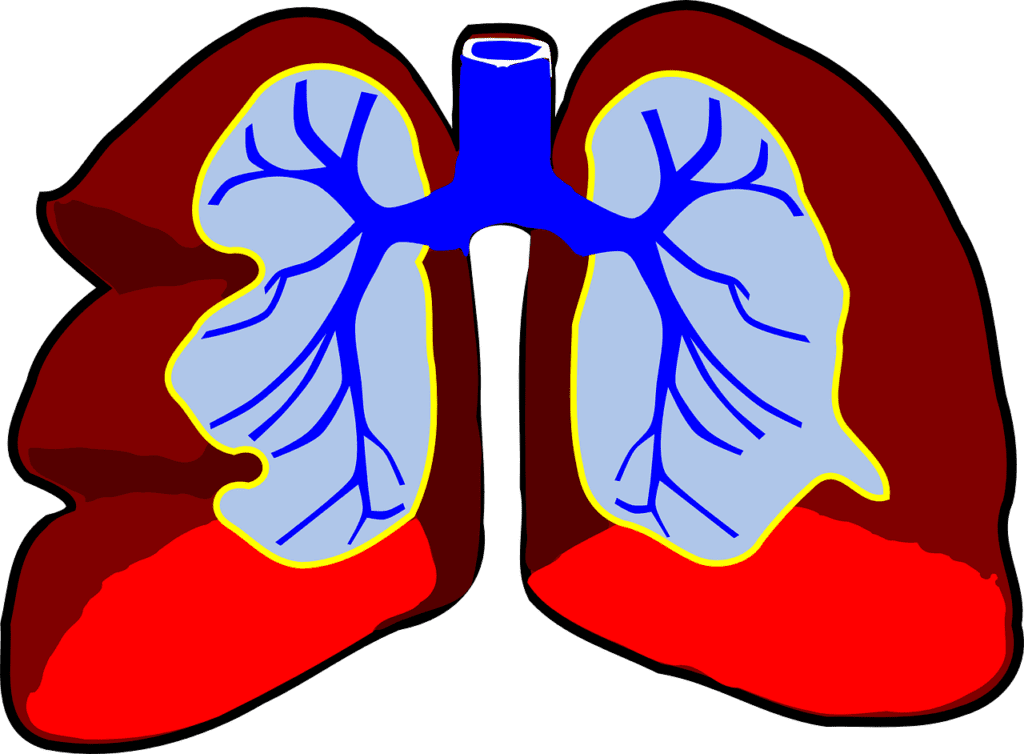Pulmonary hypertension can be caused by a variety of other conditions, often making it difficult to distinguish. A problem that medical professionals often encounter is differentiating pulmonary arterial hypertension (PAH) from pulmonary veno-occlusive disease (PVOD). To fix this issue, doctors have began using gene expression analysis.
About Pulmonary Arterial Hypertension (PAH)
PAH is a form of high blood pressure that causes the pulmonary arteries of the lungs to progressively thicken and harden. The heart then has to work harder to get blood to the lungs, which can result in damage and possibly failure. Symptoms may not appear until there has been considerable progression, but when they do appear they include fainting, shortness of breath, dizziness, fatigue, chest pain, and swelling in the ankles and legs. These are caused by a mutated BMPR2, which plays a role in the growth and death of cells. It is passed down in an autosomal dominant pattern. In cases of secondary hypertension, the cause is another disease or the use of certain street drugs.
Gene Expression Analysis
Using lung explant tissue, medical professionals have been able to perform gene expression analyses. This practice allows them to give a more accurate diagnosis, even if it is early in disease progression.
In a study, researchers analyzed samples of lung tissue from participants with different variants of lung diseases: idiopathic pulmonary fibrosis, PVOD, PAH, chronic obstructive pulmonary disease, and a number of healthy controls. With deep learning algorithms, researchers were able to find six target genes that differentiated between these diseases. In fact, their method distinguished between the five study groups with 100% sensitivity and 92% specificity.
They were able to achieve this level of sensitivity through the six target genes, which were dysregulated. While some genes were expressed similarly in patients who had severe symptoms, regardless of the disease itself, others were specific.
It is this specificity that gives researchers confidence about this new technique. While they acknowledge that more research is needed, they believe that genetic expression analysis will better the diagnostic and treatment process for those with pulmonary hypertension.






